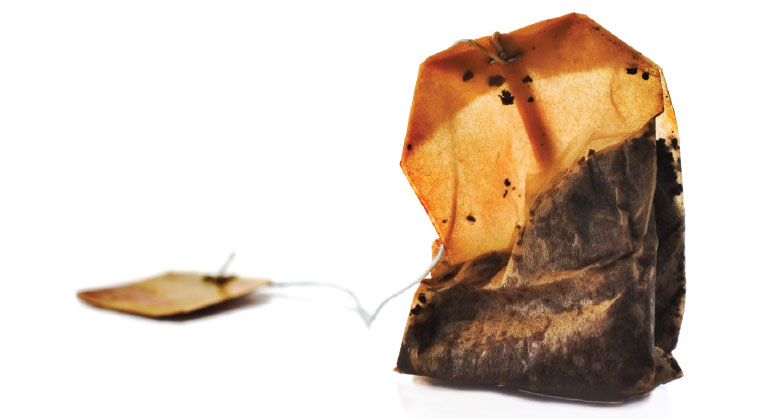The Immigrant


S he is an immigrant.
Her English is stilted her H’s heavy with a Russian “ch” sound so when she answers the phone telemarketers are unsure how to proceed when they hear “Chello.”
Despite our young age she pushes us to order pay conduct the exchange so she’s spared from speaking spared from the embarrassment that follows her like a shadow.
Her face is a cobweb of wrinkles of wisdom; her skin soft supple a shade of coffee. She lets me play with her sparse graying hair as a reward for when I am good and when I don’t cooperate I receive a firm loving stilted lecture about the importance of listening.
We are on a strict schedule: nap after school a quick snack and then playing outdoors. We can set our watches by the 6 p.m. call from our front porch for dinner. Hands must be washed every last bite must be eaten off our plates despite protests.
There is a leftover tea bag in a plastic cup perpetually on our kitchen counter in case somebody else wants to reuse it. The soggy bags bear testimony to a life of financial struggle in this country where she has been transplanted.
Her Russian friends form circles with her tight rings of loyalty and understanding. They have all come to America to build a better life for themselves for their families. They jabber in Russian a clandestine language we cannot decipher and we wonder what secrets give them such reason to laugh.
We call her “Bobby ” although she is not a grandmother of ours but rather hired help. She tells us stories about herself back in her old beloved Russia how she was a nurse: successful popular beautiful. Her late husband a doctor had chosen her as a wife when she was practically still a child only 16. It is hard to imagine our elderly Bobby any way other than the way we see her: an old opinionated somewhat stern yet always loving nanny.
All the money in the world cannot purchase the care and concern she showers on us children. She speaks the language of love and that is a language we surely understand.
I am an immigrant. My Hebrew massacres grammar sounds elementary and my R’s lack the Israeli roll so when I speak to my children’s friends I see them snicker just a drop.
With my American clothes and styles I look different from other mothers; it’s hard for me to adjust my definition of what’s considered beautiful. I seem to be constantly comparing taking mental notes checking if I am doing the culturally correct things to garner acceptance in this new world. (Excerpted from Family First Issue 548)
Oops! We could not locate your form.







